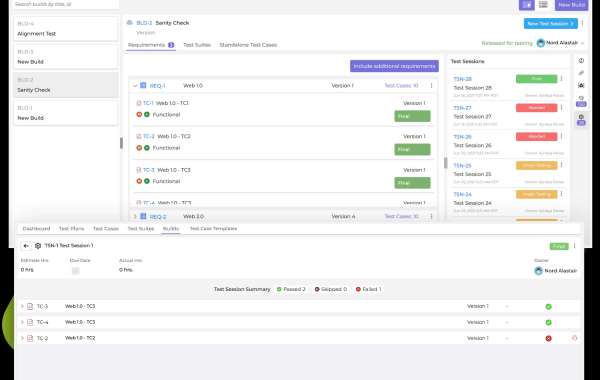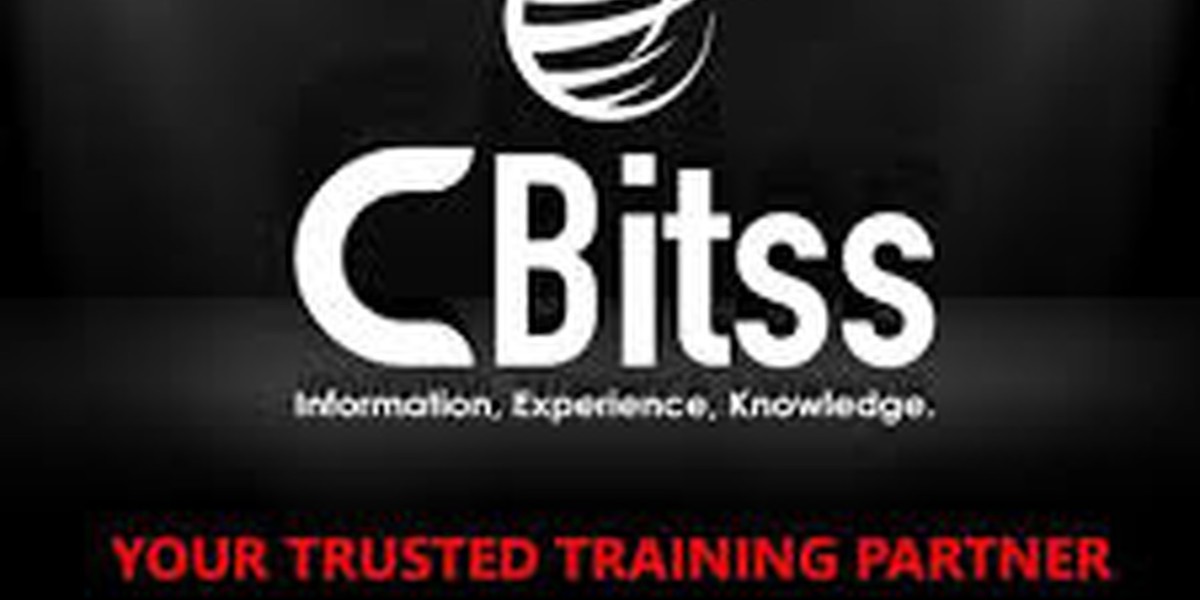Managers of projects can increase project efficiency and deliver more with less effort by focusing on their customers' needs, eliminating unnecessary steps, and learning from each new iteration of the project. Check out Kanban project management.
- Find Out What Your Customers Really Care About
Finding value means prioritizing your customers' actual needs over their stated preferences. The customer's issue or discomfort is the source of the value you create. Managers of "lean" projects focus on the customer's needs by defining the project's goals, scope, deliverables, and acceptance criteria. Customers are willing to pay for the value they perceive in the completed project. It's best if it comes straight from the customer and is stated in the customer's own words. That's one way in which Lean differs from more conventional forms of project management, which tend to center on the business case.
Further, in Lean, resources are only considered well-spent if they are put toward actually solving the problem and completing the project. A solid line of communication and a working relationship with the client is crucial in preventing waste from piling up. In addition, these will aid project managers in making sense of requirements that may be murky at the outset. Or, with the help of the customer, to settle any disagreements that may arise in the value statements. In general, better customer satisfaction, lower project risk, and less waste can be achieved by concentrating on the value from the customer's perspective.
A Method for Identifying and Mapping Sources and Sinks of Value
The next step in lean project management is drafting a project plan outlining the work breakdown structure and individual tasks. However, when applied to project management, the Lean principles ensure that value is always the primary consideration.
Value stream mapping is the next logical step. A map is created to demonstrate where and how value is being created in your group or organization. More importantly, it will help you see your process more clearly, allowing you to spot inefficiencies and get rid of them. As a result, you can avoid squandering resources and accomplish more with less effort. Reducing delays in delivery is another benefit of eliminating unnecessary processes.
Regarding diagramming a value stream, Kanban is frequently the method of choice. You and your team can see the big picture much more clearly when it's mapped out on a Kanban board. Thus, you can improve not just a small part of your performance but the efficacy of your operations as a whole.
Your value stream map will look very similar, if not the same, across all of your projects because that value directly results from your target market and your organization's unique set of cumulative skills. As a result, you can refine your method of project delivery over time, and the improvements you make to one project will positively affect the next.
For more info:-
requirement management software
Requirements Management Software
requirements management solutions
Requirements Tracking Software
Source URL :- https://www.behance.net/gallery/160623607/Document-Management-And-Collaboration-Software










